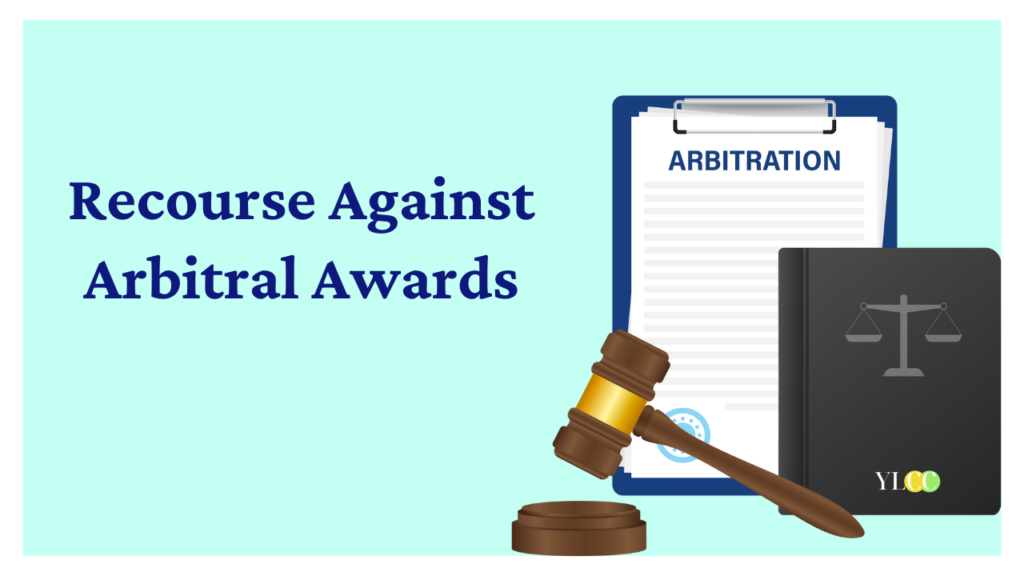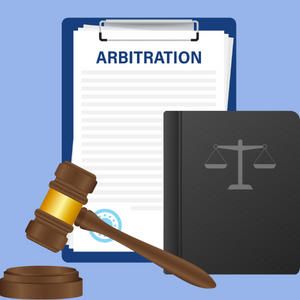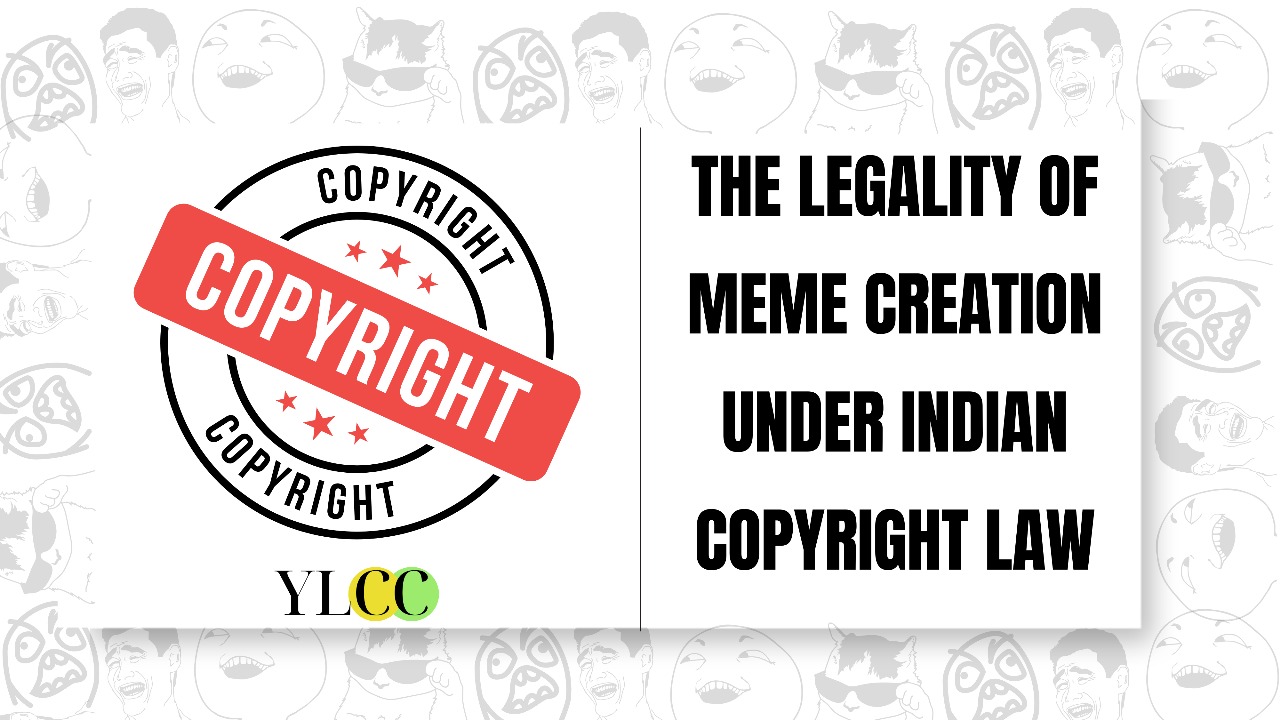
INTRODUCTION
Congress passed the Arbitration and Conciliation Act of 1996[1]. This Act corrects several severe deficiencies in the previous Arbitration Act and introduces new generally accepted Arbitration Principles. Judgments had the same weight as court decisions. The award can be enforced in the same way as a court order. As a result of these moves, the number of lawsuits filed in some arbitration areas has decreased. Previously, a judgment could only be enforced on its own if the court required submission and issued a judgment. The award is not subject to review, final, and binding on the parties. However, a party harmed for any reason set out in section 34 of the Arbitration and Conciliation Act 1996[2] may apply to the court to annul the award.
Out-of-court settlement of disputes submitted by third parties has been common knowledge since ancient and medieval Indian times. Therefore, the concept of arbitration is a way to go back to the old phenomenon. Modern arbitration law was designed by East India Company, which was developed within a regulatory framework in which courts refer to arbitration claims.
WHY DOES ARBITRATION TAKE PLACE?
Arbitration usually occurs when the dispute related to the contract contains an arbitration clause. Such provisions have been signed to be willing to resolve future disputes through arbitration. The arbitration clause specifies whether such a resolution decision is binding or non-binding. If the arbitration is binding, the parties must treat the arbitrator’s decision as final with respect to the dispute that arises, and if it is non-binding, the party is the arbitrator’s decision.
RECOURSE AGAINST AN ARBITRAL AWARD
The arbitration may be a method of resolving a dispute between the parties through an arbitral tribunal designated by the disputing parties or, at the request of the parties, an arbitral tribunal designated by the court. There are no appealable provisions in the arbitral award, and it is final and binding on the parties. However, the injured party may apply to the court to withhold an award on coercive grounds under Section 34[3] of the Arbitration and Conciliation Act 1996.
Neither party can challenge the arbitral award on the proposal, and the court cannot intervene in the proposal. The Supreme Court states that “the arbitrator may be a judge appointed by the parties, is adopted in itself and is not easily interfered with.” However, this does not mean that the referee’s behavior is uncontrolled. To ensure the proper implementation of the process, the law allows specific remedies for arbitral awards.
Under the abolished 1940 Act, appeals were available for amendments, remissions, and revocations of awards. These remedies are divided into two teams under the 1996 Act[4]. As long as the appeal helped correct the error, it was also handed over to the parties and the arbitral tribunal. An appeal for revocation is formed by returning the arbitral award to the court to correct the deficiency.
Article 34[5] provides that the court may also revoke the arbitral award for such unavoidable reasons. The reasons for these are as follows: –
- Party incompetence
- The invalidity of an arbitration agreement
- The parties are not informed of the procedure correctly
- The nature of the dispute that is not temporarily covered by the arbitration rules
- Arbitration is not consensual
Article 34 of the Act[6] is based on Article 34 of the UNCITRAL Model Act[7], with a wide range of provisions excluding arbitral awards. A court order that the new law was created for the explicit purpose of Congress aimed at limiting judicial intervention.
Section 34[8] significantly reduces the scope of achievable opposition to the arbitral award. The arbitral award set aside is no longer final. The parties will be improved to their previous position regarding the allegations within the dispute. If you cancel the award, it will be rejected as invalid. The arbitral award is avoided, and the issue may be appealed again. The parties are relieved of the obligation to return to arbitration or take over the issue settled by the court.
THE CONSTITUTIONAL VALIDITY OF SECTION 34
For TPI India Ltd. Vs Union of India[9] should have the inherent right to revoke the arbitral award for the reasons stated in a written motion from the petitioner, and if it fails, Article 34[10] shall be considered unconstitutional. I submitted. Here, the court decides whether arbitration is an alternative forum for dispute resolution, whether the parties desire to resolve the matter of their own free will, and agrees to the arbitration decision in writing. I rejected the request by mutual consent. No law forces the parties to initiate arbitration.
SETTING ASIDE AN ARBITRATION AWARD.
Part 1 (Section 34) of the Indian Arbitration Act 1996[11] provides grounds for challenging or revoking an arbitral award that applies only to arbitral awards within the state and does not apply to foreign arbitral awards. On September 6, 2012, in the Bharat Aluminum Company v. Kaiser Aluminum Technical Service[12], the Supreme Court ruled that the Indian Arbitration Act should be interpreted as affecting the purpose or purpose of the Indian Parliament, which drafted the law. Such Supreme Court decisions apply only to arbitration agreements entered into after September 6, 2012.
At Batia International Airport. V. Mass Trafficking, the Supreme Court ruled that Part 2 of the Act had no provision to challenge foreign arbitral awards, but the request to revoke it falls under Article 34[13] (Part 1) of the Act. The provisions regarding domestic arbitral awards shall apply to foreign arbitral awards. The court ruled that ownership of a dispute, including shares of an Indian company residing in India, must inevitably comply with Indian law to enforce the ruling. The court has determined that in such circumstances, the award must be accredited to measure India’s public policy, and India’s public policy cannot be proved by implementing the award in a foreign region/support.
CONCLUSION
When determining challenges under this provision, courts must bear in mind that the legislature’s purpose in eliminating the 1940 Act and replacing it with the 1996 Act was primarily to give arbitration hearings finality, and judicial intervention was meant to be severely limited. This article is based purely on the author’s personal views and opinions in exercising the fundamental right guaranteed under Article 19(1)(a)[14] and other related laws being a force in India for the time being.
Further, despite all efforts made to ensure the accuracy and correctness of the information published, the white code VIA Mediation and arbitration centre shall not be responsible for any errors caused due to human error or otherwise.
This article does not intend to hurt the sentiments of any individual community, sect, religion, etcetera. This article is based purely on the author’s personal views and opinions in the exercise of the fundamental right guaranteed under Article 19(1)(a)[15] and other related laws being forced in India for the time being. In addition, despite every effort to ensure the accuracy and accuracy of the information posted, the white code via arbitration centre assumes no responsibility for errors caused by human error or any other reason.
India has a modern and efficient arbitration law. Articles 34[16] and 37[17] provide remedies for arbitral awards that the court may revoke for specific reasons. All of these reasons are common to both national and international arbitral awards. The reason for public order and morals should be construed only to the extent that it aims to promote the public interest and does not violate the basic concepts of Indian law. Court intervention should also be minimized for the success and promotion of arbitration in India.
[1] Arbitration & Conciliation Act, 1996.
[2] Id.
[3] Arbitration & Conciliation Act 1996, s. 34.
[4] Supra note 1.
[5] Supra note 3.
[6] Id.
[7] UNCITRAL Model Law on International Commercial Arbitration 1985, s. 34.
[8] Supra note 3.
[9] Civil Appeal No. 6875 of 1999.
[10] Supra note 3.
[11] Supra note 3.
[12] Civil Appeal 3678 of 2007.
[13] Supra note 3.
[14] india const. art. 19, cl. 1(a).
[15] Id.
[16] Supra note 3.
[17] Arbitration & Conciliation Act 1996, s. 37.
YLCC would like to thank Ayush Garg and Chaitrali Mane for her valuable insights in this article.







